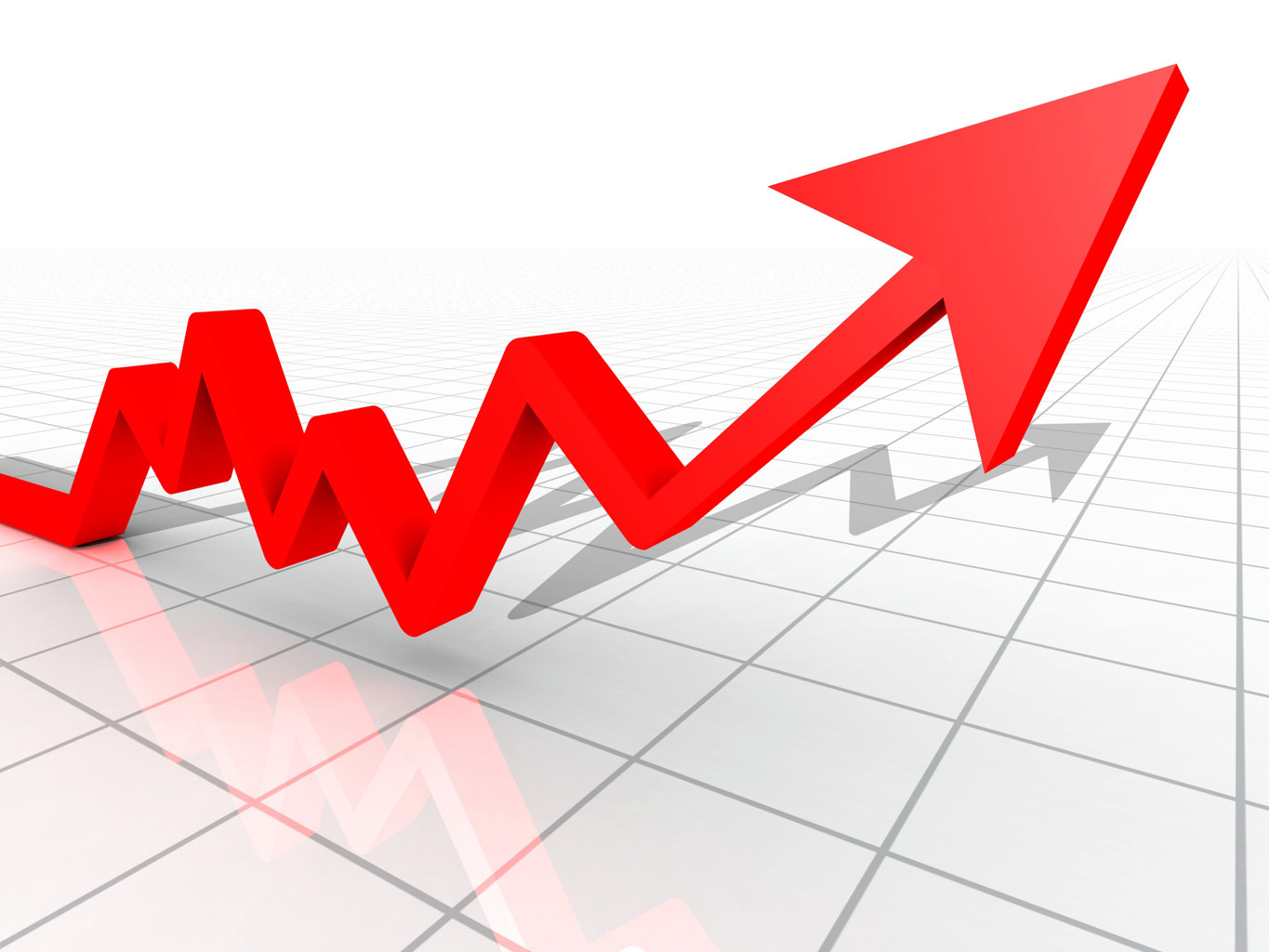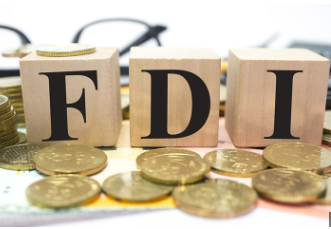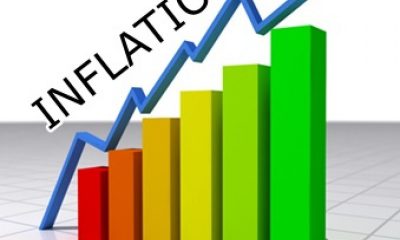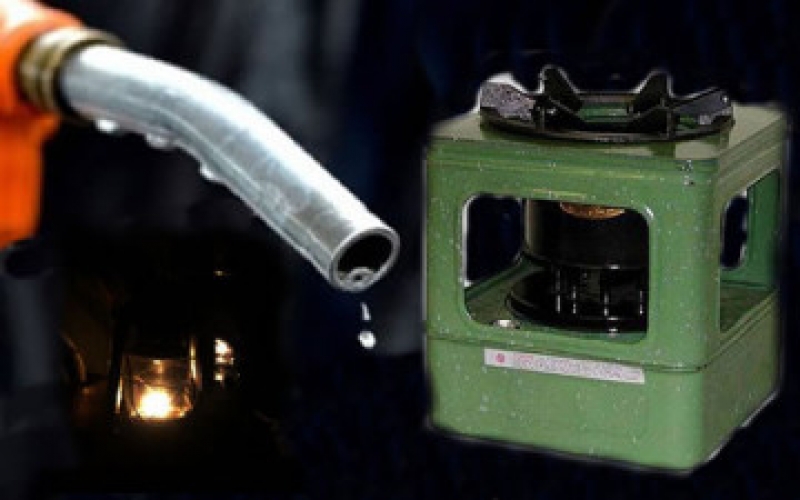The National Bureau of Statistics on Tuesday released its Consumer Price Index report for revealing an inflation rate of 15.13% for the month of January 2017.
This is the 13th consecutive month of disinflation recorded by Nigeria. Disinflation is a month on month drop in the rise of inflation.
Despite this impressive and consistent drop in the rate of inflation, Nigeria is still about 6% off single-digit inflation rate. The last time Nigeria achieved single digit inflation rate was in January 2016, when it was 9.66%.
An analysis of the historical data from the NBS, dating back to 2010 indicate that the election year of 2019 might well be the next time Nigeria will attain single-digit inflation.
The inflation rate is essentially the difference between the price of a basket of items in a particular month during the year and the corresponding month in the prior year. For example, if the basket of goods and services used by the NBS was N280 in July 2017 and N240 in July 2016, then the inflation rate is said to have risen by just 16.6%.
If in August 2017, the general price of goods and services in the basket was N285 and the corresponding month in August 2016 was N245, then the inflation rate for August 2017 will be 16.3%. The difference between 16.6% and 16.3% for December and January inflation rate is, therefore, a drop, thus disinflation.
According to the data, the last time Nigeria recorded a disinflation from a period of 15% or higher it took about 16 months before we got to the single digit inflation rate. This was between February 2010 and July 2011 when inflation rate went from 15.6% to 9.4%.
2017 inflation rate data also shows that the rate of disinflation has been on a compounded monthly average rate of -1.78%. This means that year on year inflation rate has dropped by 1.78% monthly.
For example, if you took the inflation of 18.72% in January 2017 and reduced it by 1.78% monthly, you will get to the 15.37% inflation rate recorded in December 2017. Continue at this rate and it will be until January 20120 before we achieve single digit inflation rate.
However, at a run rate of -19% (recorded between January 2017 and January 2018) we could enjoy single-digit inflation by October or November 2019.
It is also critical to note that factors such as fuel price increase, the calls for Discos to adjust electricity price increases could still impact /the value of goods and services. The government may also consider depreciating the naira which will surely impact on the inflation rate.
Government spending on recurrent expenditure and an economic resurgence are also factors that can help push inflation rate northwards. Rather than expect an overnight miracle, we will stick with our conservative projection that we may not achieve inflation rate till late 2019.

 Health5 days ago
Health5 days ago
 Entertainment6 days ago
Entertainment6 days ago
 Crime5 days ago
Crime5 days ago
 Education7 days ago
Education7 days ago
 Health7 days ago
Health7 days ago
 Comments and Issues6 days ago
Comments and Issues6 days ago
 Football6 days ago
Football6 days ago
 Latest6 days ago
Latest6 days ago











